What is the Marriage Allowance and who can get it?
Martin Lewis has been touting the benefits of the Marriage Allowance, but are you eligible to claim it?
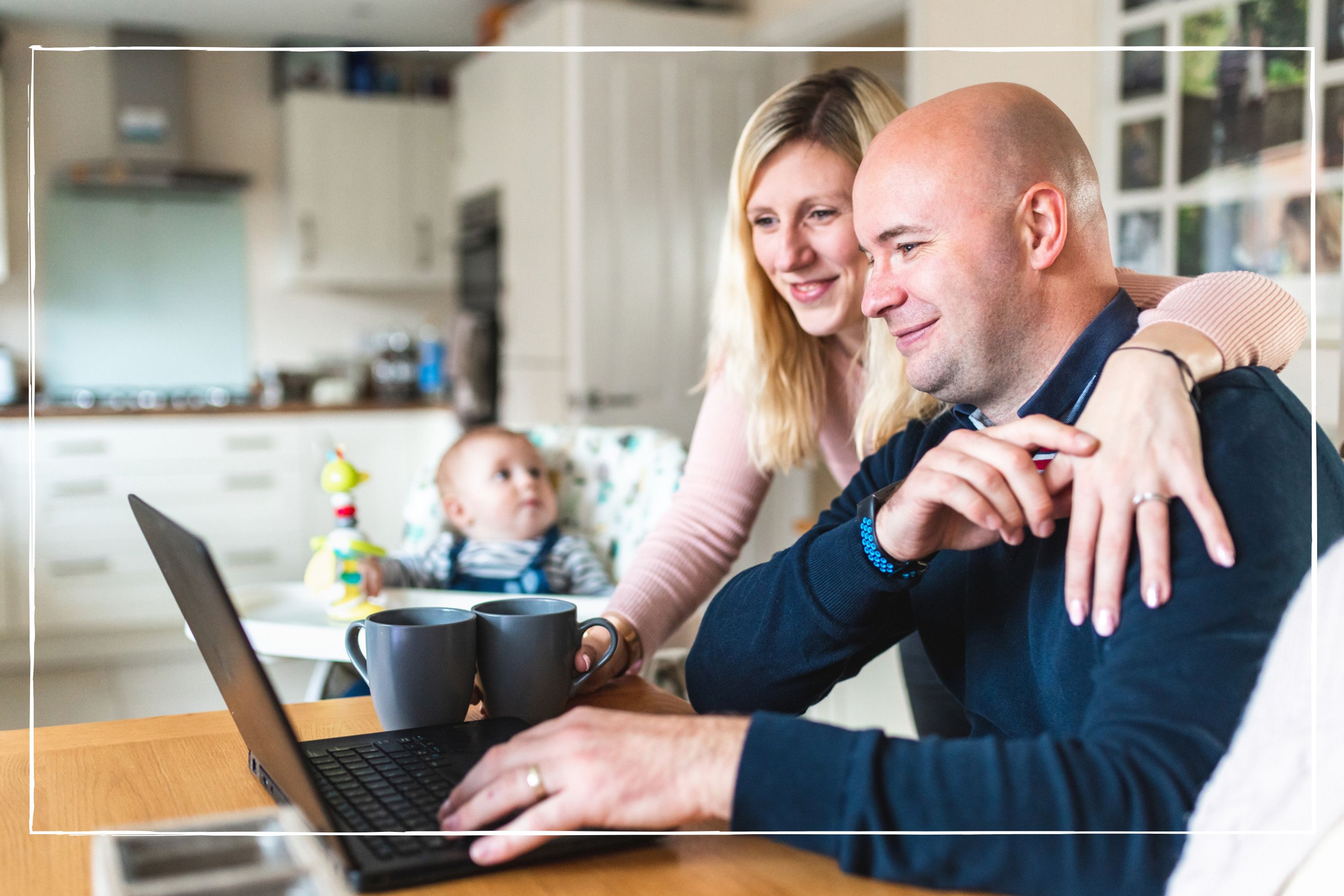
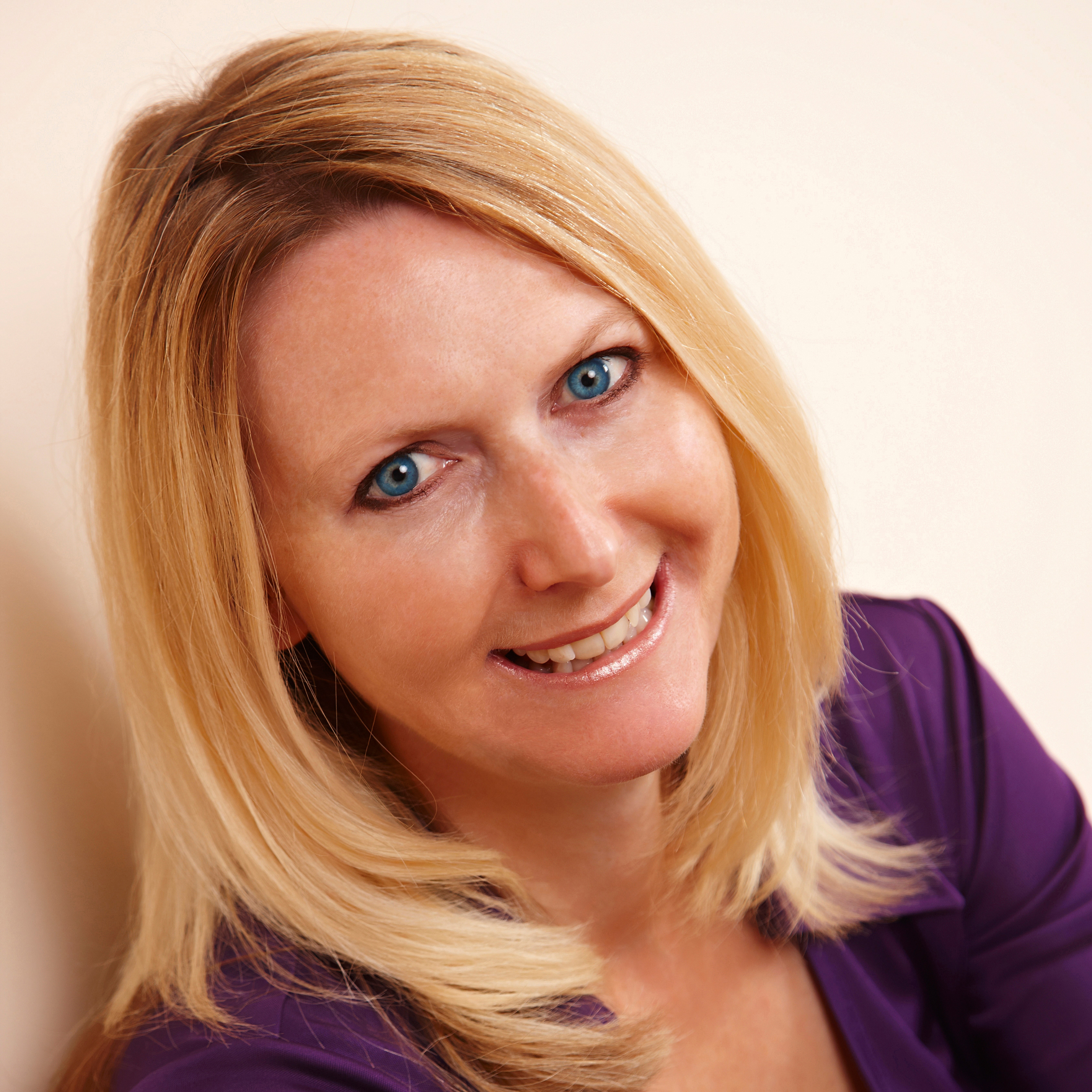
Sarah Handley
Money saving expert Martin Lewis has shone a light on the Marriage Allowance while speaking on Good Morning Britain - but do you know how this tax break works and whether you can claim it? According to HM Revenue & Customs (HMRC), there are more than four million couples who are eligible, but only two million claim it, so you could be missing out.
Even though the government has announced the date of the next cost of living payment to help struggling families, if you’re married or in a civil partnership, you may also be eligible to claim extra help with this tax break.
Angela MacDonald, HMRC’s Deputy Chief Executive and Second Permanent Secretary, says: “Marriage Allowance is a tax relief which enables one partner to reduce the amount of tax paid by their other half.
"You can save up to £252 a year and may be eligible to backdate your claim to 6 April 2018, depending on what you and your partner earned during those years."
What is the Marriage Allowance?
Also known as the Marriage Tax Allowance, the Marriage Allowance is a tax break that enables those who are married or in a civil partnership to give their partner a portion of their tax free personal allowance to save on income tax.
But there are stipulations.
You can only give a fixed amount of £1,260 each year and one partner must earn less than the annual tax-free personal allowance of £12,570, or be a non-taxpayer. The other partner must be a basic rate taxpayer, paying the 20% rate of income tax. This means that person’s earnings and income must be between £12,571 and £50,270 a year. If you live in Scotland, these limits will be slightly different.
GoodtoKnow Newsletter
Parenting advice, hot topics, best buys and family finance tips delivered straight to your inbox.
Giving up £1,260 of your £12,570 personal allowance to your partner, reduces their tax by up to £252 each tax year.
How much is the Marriage Allowance?
The Marriage Allowance is worth up to £252 in the current tax year. However, if you have never claimed it before and were eligible, you can backdate your claim to include any tax year since 5 April 2018.
You can use the marriage allowance calculator on the Government website to see how much you might be able to save by claiming.
Rather than being paid as cash, the higher earning partner will have their tax code adjusted, which means they will pay less tax each month. The adjusted code will normally include the letter M to show their claiming the Marriage Allowance. If the higher earning partner is self-employed, any adjustment in tax will usually be made when they file their self-assessment form.

How is the Marriage Allowance calculated?
There is a great example on the Government website to explain how the marriage allowance works.
If your income is £11,500, and your personal allowance is £12,570, you will not pay tax on your earnings.
If your partner’s income is £20,000 and they also have a personal allowance of £12,570, they pay tax on £7,430. As a couple you are paying income tax on £7,430.
But when you claim the Marriage Allowance, you transfer £1,260 of your personal allowance to your partner. Your personal allowance therefore becomes £11,310. Your partner’s then effectively becomes £13,830.
While this means you now pay tax on £190 (£11,500 income minus your £11,310 personal allowance), your partner will pay tax on £6,170 (£20,000 income minus the £12,570 personal allowance and the £1,260 transferred allowance). As a couple, this means you are paying income tax on £6,360 rather than £7,430. This means a £214 tax saving.
Who qualifies for the Marriage Allowance?
You will only qualify for the Marriage Allowance if you are married or in a civil partnership, do not pay income tax (or earn below the £12,570 personal allowance) and if your partner pays income tax at the basic rate. This normally means their earnings are between £12,571 and £50,270 a year.
Higher or additional rate taxpayers are not eligible for this allowance.
Additionally, you cannot claim the Marriage Allowance if you and your partner live together but are not married or in a civil partnership.
HMRC's Angela MacDonald says: “You should consider applying if you can say yes to the following three questions:
- Are you married or in a civil partnership?
- Is one of you earning less than £12,570 a year?
- Is one of you earning between £12,571 and £50,270 a year?
If you answered yes, put your annual salary details into the marriage allowance calculator on GOV.UK and it will tell you how much you could save."
How to apply for the Marriage Allowance
The non-tax payer (or lower earning partner) must be the one to apply for the Marriage Allowance. You can easily do this online through the Government website.
As well as needing the National Insurance number for yourself and your partner, you will need to provide proof of ID and your P60.
Once you have applied, you should get a confirmation email within 24 hours. There is no need to reapply each year - the allowance will continue automatically.
You must tell HM Revenue & Customs if your circumstances change, if you and your partner split up or if your income has increased, as you may no longer be eligible to claim.

Angela MacDonald is the Deputy Chief Executive and Second Permanent Secretary of HM Revenue and Customs (HMRC). She leads 50,000 colleagues to deliver customer service and compliance and enforcement activity and is accountable to Parliament.
- Sarah HandleyMoney Editor, GoodtoKnow
-
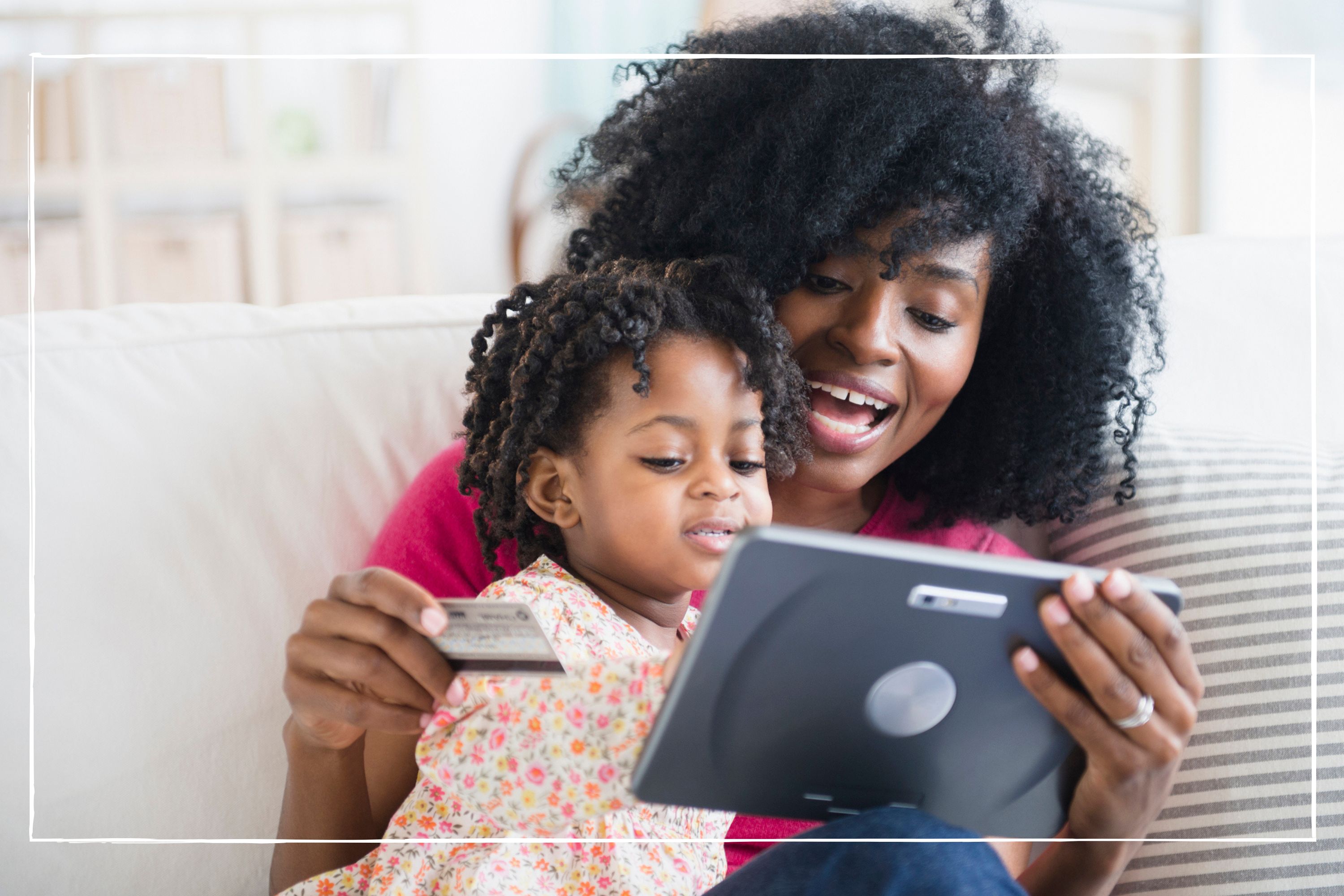 14 hidden benefits of your Amazon Prime membership
14 hidden benefits of your Amazon Prime membershipWe reveal the less-obvious perks of a Prime membership that will help you get the most value out of your subscription fee
By Rachel Wait
-
 14 surprising ways to spend your Tesco Clubcard vouchers - from restaurants and cinema passes to mini breaks and Disney+
14 surprising ways to spend your Tesco Clubcard vouchers - from restaurants and cinema passes to mini breaks and Disney+Tesco Clubcard vouchers can help you cut the cost of everything from groceries and travel to days out and cinema tickets
By Heidi Scrimgeour
-
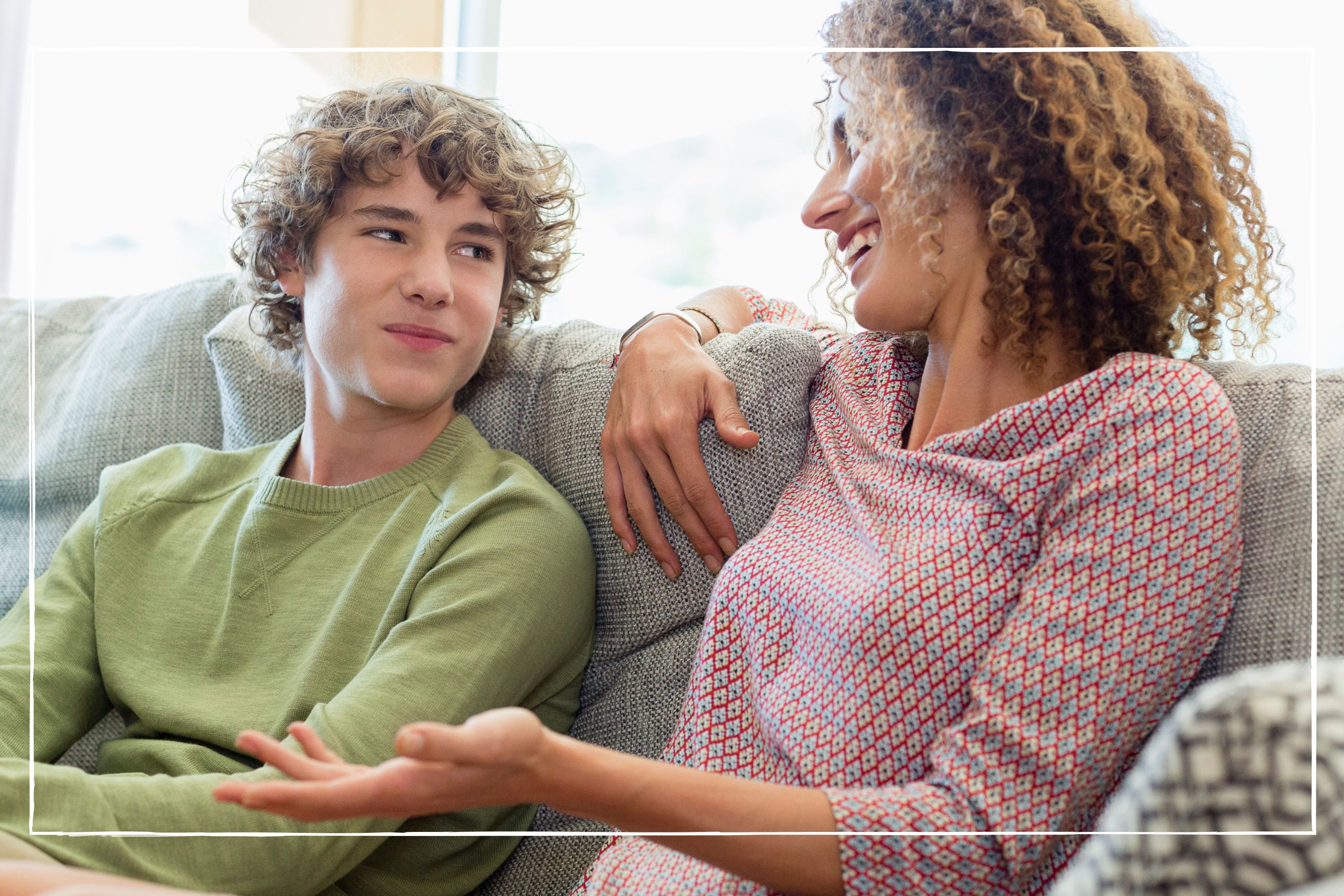 Parents of teens who have just taken their GCSEs urged to check child benefit status ahead of August deadline
Parents of teens who have just taken their GCSEs urged to check child benefit status ahead of August deadlineWith a child benefit deadline looming, some parents could see their payments reduced or stopped altogether - here's why
By Sarah Handley
-
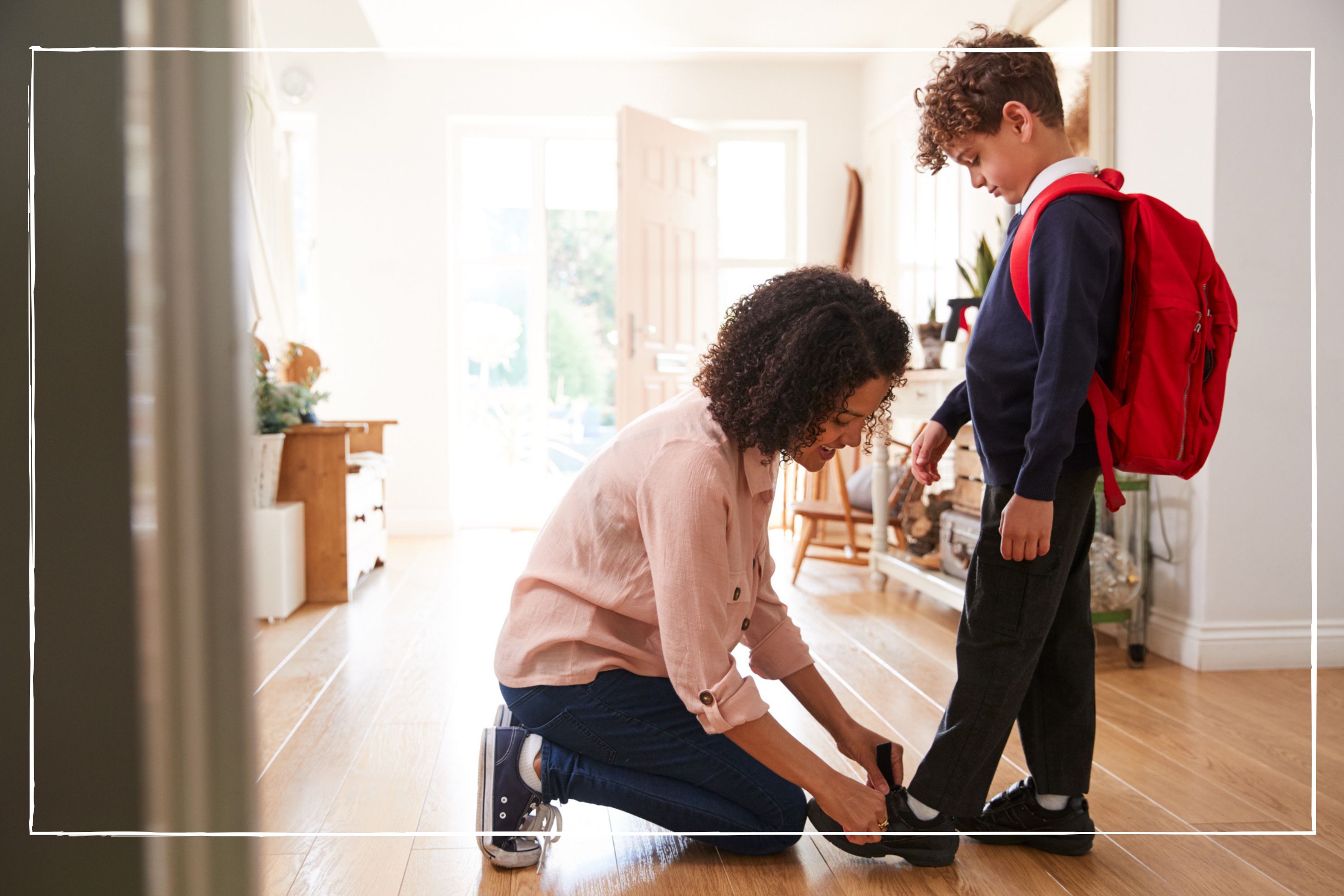 Parents should hold off buying this back to school staple 'as close to their first day as possible', says retailer
Parents should hold off buying this back to school staple 'as close to their first day as possible', says retailerWith parents turning their attention to kitting their kids out for the new school year, research suggestions which items should be left until the last minute
By Sarah Handley
-
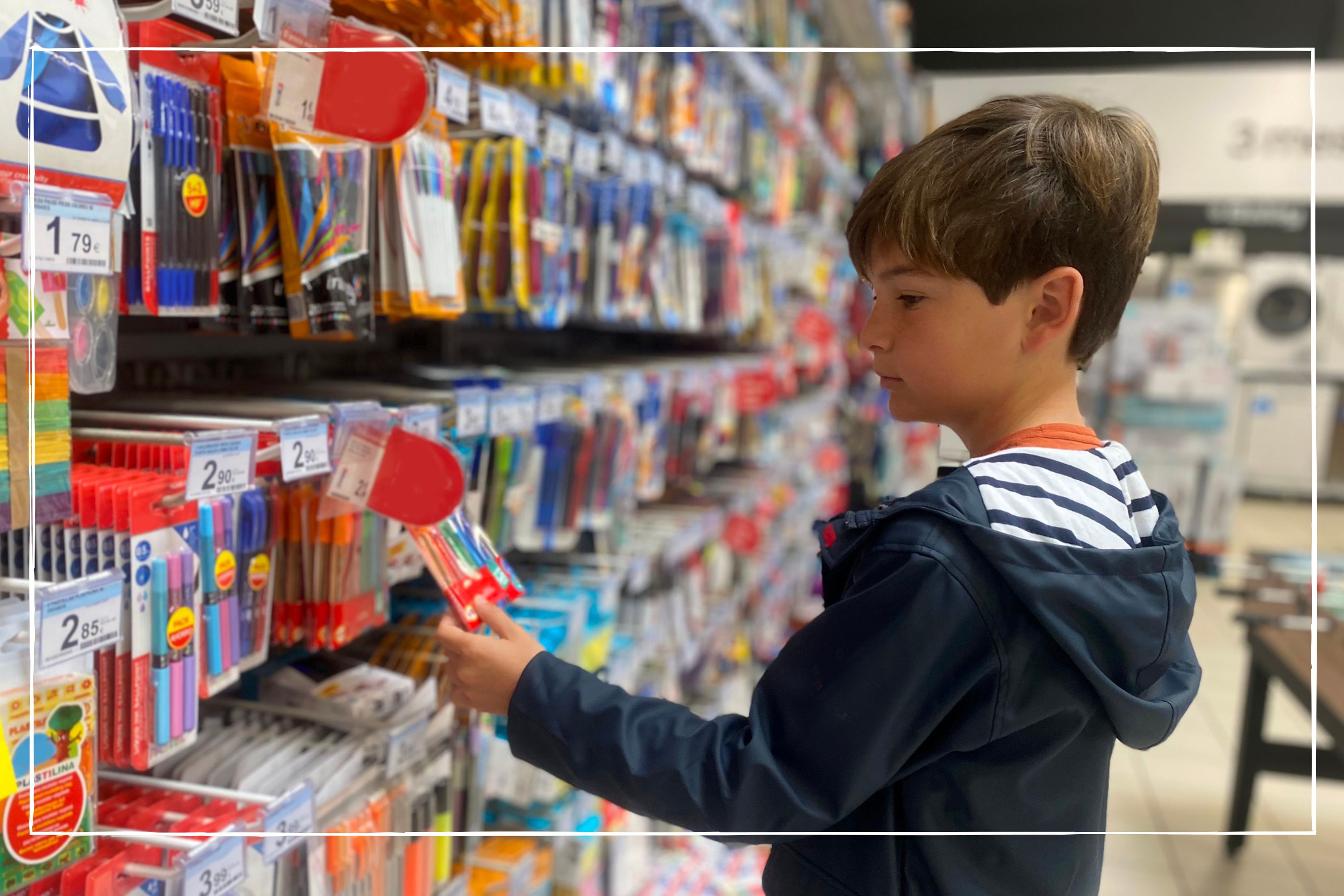 7 ways to save on back to school essentials, as its revealed parents will spend £2.3 billion in 2024
7 ways to save on back to school essentials, as its revealed parents will spend £2.3 billion in 2024We share ways you can get your child all the bits and bobs they need for the new school year, without breaking the bank
By Sarah Handley
-
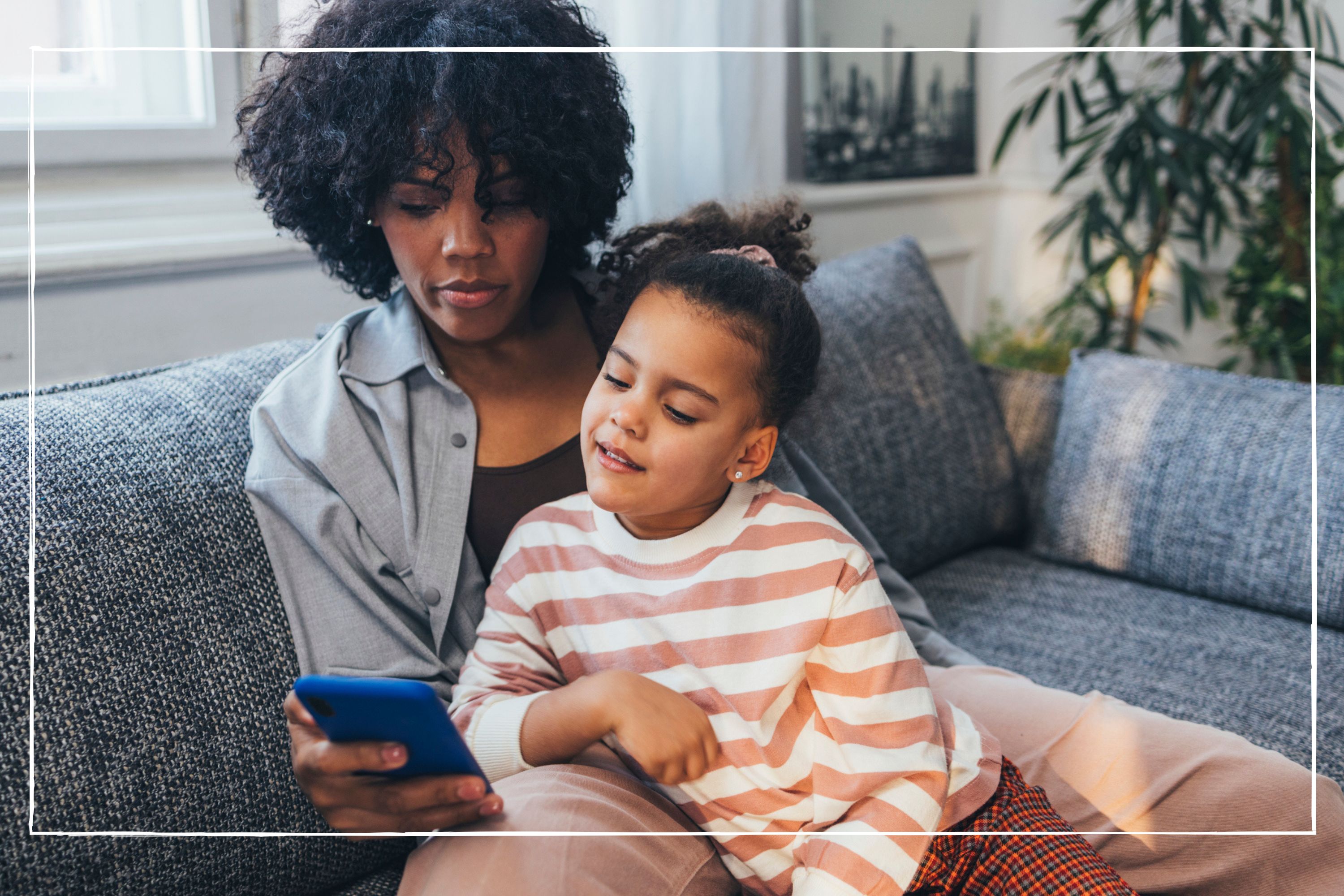 What day is child benefit paid around the bank holiday? Everything parents need to know
What day is child benefit paid around the bank holiday? Everything parents need to knowKnowing which day child benefit is paid when it comes to the bank holiday can help families plan their budgets accordingly
By Sarah Handley
-
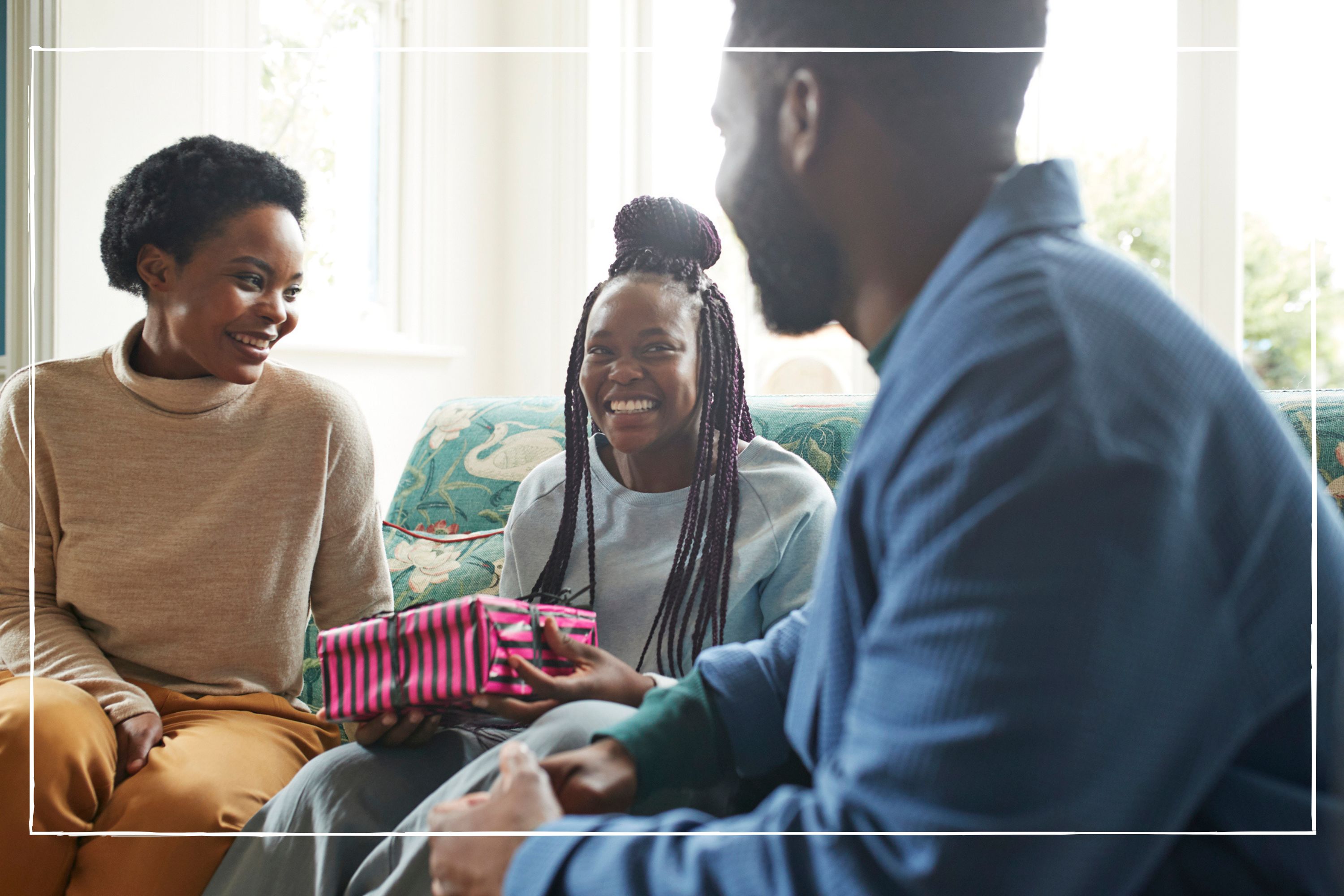 The shocking amount parents spend on exam result gifts, according to new research
The shocking amount parents spend on exam result gifts, according to new research84% of parents are preparing to drop serious cash to make good on exam gift promises
By Sarah Handley
-
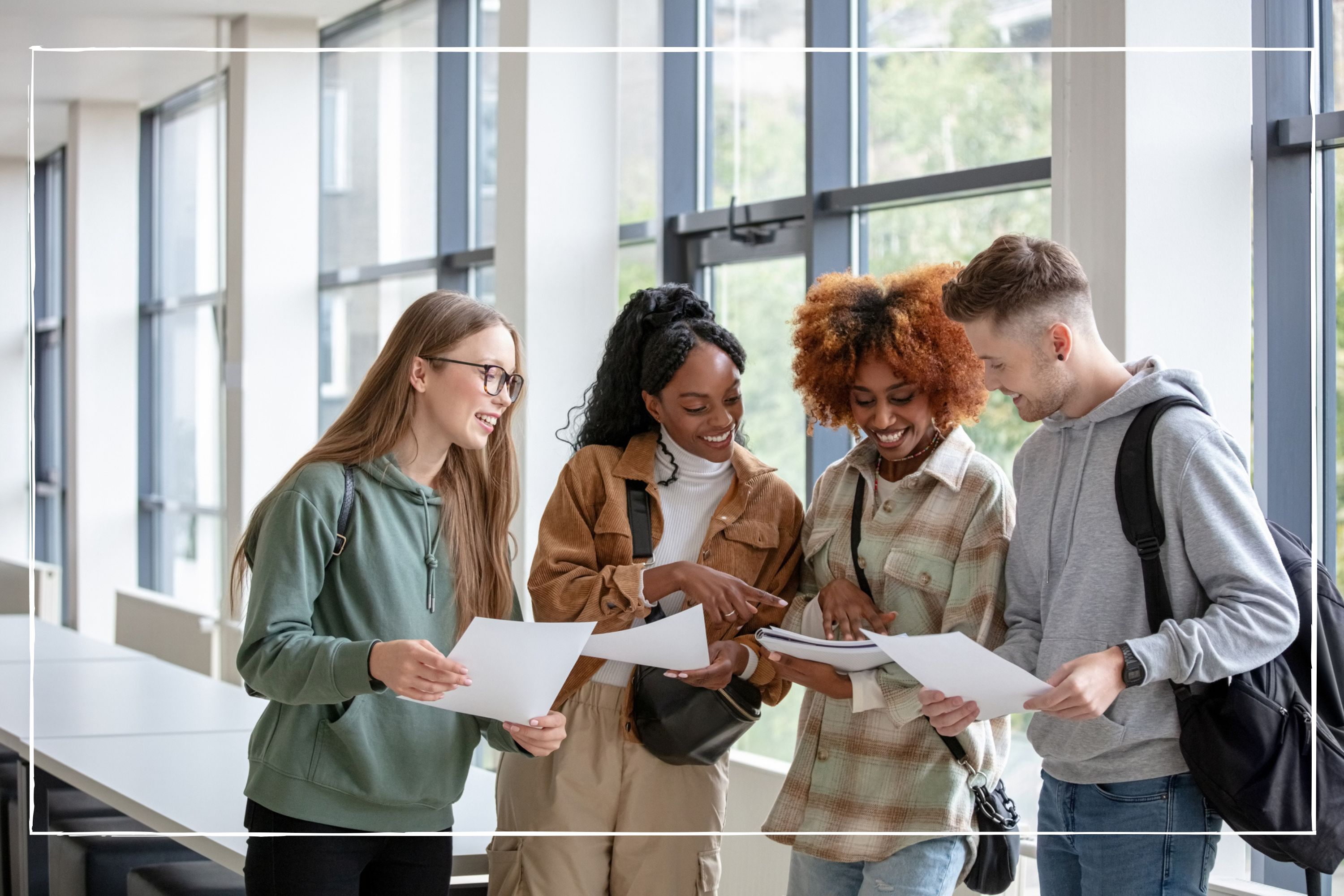 8 places teens can get freebies for GCSE results day
8 places teens can get freebies for GCSE results dayWhether it's a celebration or commiseration, these are all the places teens can get a free treat on exam results day
By Sarah Handley